Positive Behaviour for Learning
PB4L approaches provide a positive school climate and create a supportive environment for personal, social, and academic growth for students and staff.
Visit this article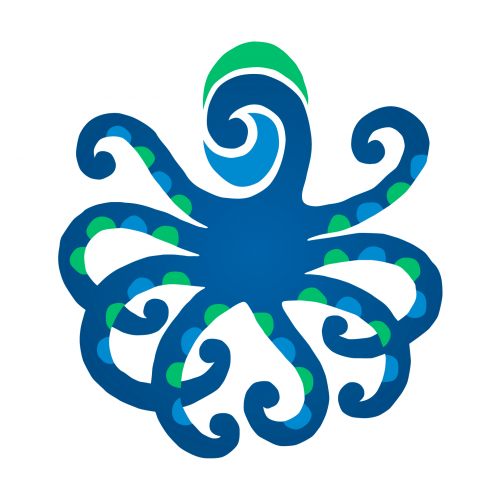
PB4L is a highly effective initiative supporting New Zealand Schools, early childhood education, and whānau to promote positive behaviour and create inclusive learning environments that foster well-being and achievement for every child and student.
Read about Positive Behaviour for Learning at Lyttelton Primary School here!
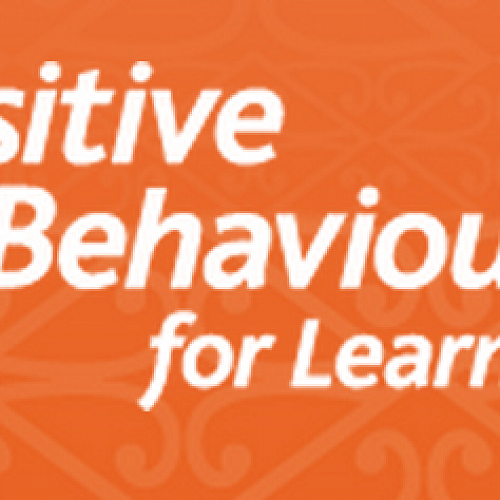
PB4L approaches provide a positive school climate and create a supportive environment for personal, social, and academic growth for students and staff.
Visit this article
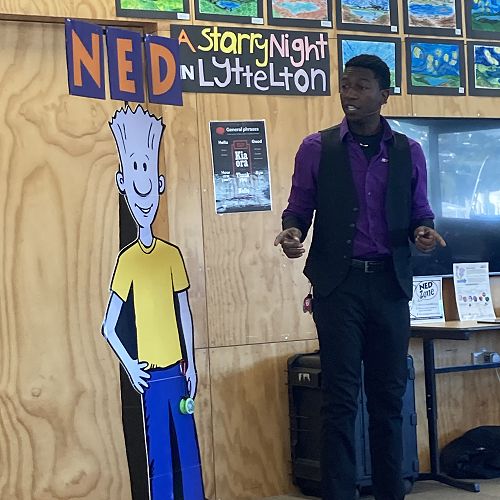
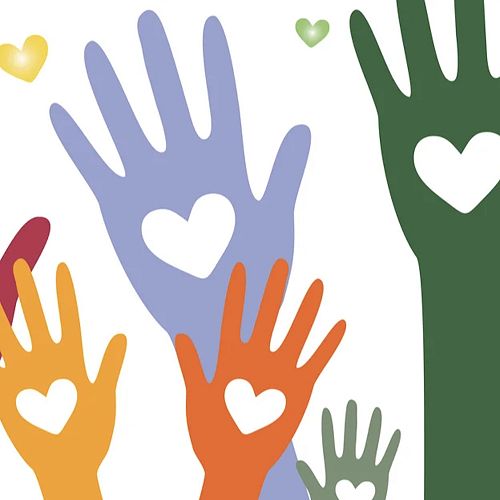
Our PB4L focus for the start of term 2 has been ‘Don’t be a bystander, be an UPSTANDER!’
Visit this article
This week we started with our new PB4L focus...Making 'I' statements.
Visit this article

In week 3 & 4 we will be looking at the attributes of What makes you a Good Friend?
Visit this article
For the first two weeks of this first term, we will be focussing on Manakitanga - and in particular encouraging high expectations around being ready for learning.
Visit this article
Next week we will be focussing on Manaakitanga - and in particular encouraging high expectations around being ready for learning.
Visit this article
For these two weeks we are looking at the Ngākau Aroha concept of being an upstander (as opposed to a bystander). An upstander is defined as someone who recognises when something is wrong and acts to make it right. For example, when we stand up for what is right, and do our best to help support and protect someone who is being hurt, we are being socially responsible.
Visit this article
For these two weeks we’re focussing on learning from our mistakes. This is powerful learning, so making mistakes is to be encouraged. But, unfortunately, many of us keep ourselves in the safe zone and avoid challenges, in order to reduce our risk of making mistakes. Our learning is therefore hugely limited. We need to actually encourage our children to take on challenges and welcome mistakes.
Visit this article
The Learning Pit is an analogy for learning that is used by schools around the world. In its simplest form, the Learning Pit represents a challenge. Taking on a challenge is like getting into a pit. We may feel uncertain and it takes effort to climb out. When we do climb out, it means we’ve learnt something new. For these two weeks at school, we are looking at some great strategies for getting out of the Learning Pit.
Visit this article
For the past four weeks we have been looking at Emotional Regulation - i.e. the ability to manage our emotions and behaviour. This has included being able to recognise what zone we are in, to resist having highly emotional reactions to upsetting stimuli, and to calm ourselves down when we get upset.
Visit this article
As we have been talking to the children about Emotional Regulation, the Harakeke children described what the green zone meant to them, and places they know where they are in the green zone.
Visit this article
During the next two weeks we are looking at understanding how other people might be feeling as our Positive Behaviour for Learning focus.
Visit this article
This is one of our favourite areas of teaching positive behaviour for learning at Lyttelton School. By teaching Emotional Regulation, we are giving our children lifelong skills to manage their ever present emotions in a constructive and positive way.
Visit this article
Our School-wide focus for the next two weeks 'Kindness' is part of practising Ngākau Aroha - our school value of Empathy.
Visit this article
Over this fortnight we are focussing on effort, in and out of the classroom. Carol Dweck is the guru for effort and perseverance research, and she has changed a lot of what we now focus on in schools.
Visit this article
For these first two weeks of Term 4, our PB4L focus is about looking after ourselves - part of our school value of Manakitanga. Being ready for learning, which includes playing in a responsible way, means wearing our sun hats whenever we're outside for any length of time. In our school policy we encourage all adults to do this as well!
Visit this article
For these 2 weeks we have been focussing on our school value - Ngākau Aroha, in particular to help our children display positive social skills towards each other.
Visit this article
Right Place Right Time Part is part of our school value of Manaakitanga (Respect). By being in the right place at the right time students show they are respecting their own learning at Te kura tuatahi o Ōhinehau. Students are given a great deal of agency over their learning - choices of what to inquire into, how to do that, where to do it that suits them best, and with whom. But there are certain boundaries usually agreed upon, and we call them being in the right place, at the right time, doing the right thing. This is a concept we practice school wide, from Year 1 - 8.
Visit this article
At the moment we are looking at the concept of 'Active Listening', or 'Whole Body Listening' which comes under our school value of Manaakitanga.
Visit this article
For the past week, as well as next week, our students are focusing on making goals, and persevering with them over a period of time.
Visit this article
For the first two and a half weeks of this first term, we will be focussing on Manakitanga - and in particular encouraging high expectations around being ready for learning.
Visit this article
Congratulations to Caley, Ed, Isabelle, Otis, Sebastian, Valentin, Archie R, Mathias & Olivia C on achieving 100 Lyttel Reps.
Visit this article
For the next 2 weeks we will be talking about ways to solve our own problems. These ideas are hugely empowering to children, and make up a huge part of being able to self manage.
Visit this article
Congratulations to Addie, Ethan, Tommy, Nillaya, Amelia N, Felix, Madi, Niwa, Olive H-Y, Nuku, Keanu, Scarlett, Bella, Bodhi, Noah on achieving 100 Lyttel Reps.
Visit this article
For the next 2 weeks we will be looking at the attributes of What makes a Good Friend?
Visit this article
For the first two weeks of this term, we have been focussing on Manaakitanga - and in particular looking after our school equipment and property. Learning spaces have some new P.E. equipment to use in break times, and they are being challenged to look after it. The Learning Space(s) that still have all their gear at the end of the term will be allowed to look in the catalogue and choose some more! For the next 2 weeks, we will be focussing on a concept called “Living Above the Line.” The website: peopleleaders.com.au is useful to look at for a definition of this. They say that above the line thinking is about being open and curious. It’s being able to respond effectively and usefully in any given situation. It’s about starting with an intention and then working out how you can actually bring it into play, e.g. What are my responsibilities here? How can I accept what's happening without blaming someone else? Where I can take ownership and accountability? How did I contribute to this? What could I be doing differently? Where is my role in this situation? How can I make a difference? How can I be helpful and of service to someone else? How can I cooperate? How can I support? How can I add value? How can I involve the right people? When your thinking is below the line, you're protecting and defending yourself either passively (not contributing at all), or aggressively (by attacking others). This type of thinking is about trying to avoid responsibility, criticism and loss of control, e.g. blame, denial, excuses, and justification. "They're wrong" "It’s not my fault" "It's got to be my way" "I don’t trust what they're saying." Above the line feeling: "Think about the last time you felt curious about something". "Were you enthusiastic enough to take action on it?" It might have been as simple as Googling something you were interested in. Above the line feelings are action-oriented, e.g. there’s an energy in enthusiasm, and above the line feelings are connected with that energy. Open and curious, compassionate, empowered, and enthusiastic. Below the line feelings are negative and often characterised by disconnection and misalignment with words and behaviours, e.g. frustration, dissatisfaction, impatience, urgency, suspicion, resentment, overwhelmed, fear, and tension.
Visit this article
Congratulations to Annie, Frankie, Ismay, Oliver, Addie, Cate, Evelyn, George T, Molly & Olive W on achieving 100 Lyttel Reps.
Visit this article
The Lyttel R.E.P. (Respect Empathy Perseverance) cards are awarded to children who are noticed displaying our school values: Manaakitanga, Ngākau Aroha & Manaawanui.
Visit this article
For the next two weeks we are looking at the Ngākau Aroha concept of being an upstander (as opposed to a bystander). An upstander is defined as someone who recognises when something is wrong and acts to make it right. For example, when we stand up for what is right, and do our best to help support and protect someone who is being hurt, we are being socially responsible.
Visit this article
"Most parents want their children to display good manners at school, at home, and at other people's homes. We do generally want our children to grow up and be good functioning members of society and that usually means they need to have reasonable social skills and manners," says Triple P psychologist Michelle Melville-Smith.
Visit this article
Congratulations to Jack, Arlo, Riley, Eden & Maggie on achieving 100 Lyttel Reps.
Visit this article
Congratulations to London & Micah on achieving 100 Lyttel Reps.
Visit this article
Over the next two weeks we will be looking at our school value of Ngākau Aroha, in particular - sharing and including. Children learn a lot from just watching what their parents do. When you model good sharing and turn-taking in your family, it gives your children a great example to follow.
Visit this article
Our School-wide focus for the next two weeks 'Kindness' is part of practising Ngākau Aroha - our school value of Empathy.
Visit this article
40 Lyttel R.E.P. cards = one of these beautiful plush wheke, to hang on your bags.
Visit this article

For the next 2 weeks of this term we are going to be looking at the NZ Kia Kaha programme. Kia Kaha is part of the whakatauki ‘Kia Kaha, Kia Toa, Kia Manawanui’. Be strong, be courageous and, be willing to persevere. It is used here to affirm that all people need to stand strong and support each person in their community, no matter their gender, race, colour, religion. The concept is that if we all stand strong for what we believe in and respect others and their views, our mana will increase. Our classroom, community, and our world, will also be a nicer, more positive place. In classes, we will be talking about how everyone has strengths and qualities, and how they can all pull together to make the learning space strong and happy. We will be discussing each others’ strengths and qualities. Examples might be identifying people who are supportive, helpful, a good listener, caring, sharing, or those with special skills or talents, responsible, cheerful, honest, happy.
Visit this article
40 Lyttel R.E.P. cards = one of these beautiful plush wheke, to hang on your bags.
Visit this article
We are keen to expose our children to a range of activities and experiences that not only broaden their minds but grow their self confidence. Not all children, however, like to try new things, or want to persist with things they are not immediately good at. Fear can be a common response to new challenges or experiences. New experiences can make children feel uncertain, vulnerable, powerless, and anxious. They can reduce the child’s sense of security and control. As a result, many children avoid the unfamiliar. They prefer not to risk attempting something new, leading to missed opportunities and setting a negative pattern that can persist into adult life. One important way we emphasise perseverance at school, is to acknowledge and congratulate effort. We look for children who show willingness to try, not just those who are successful the first time. Another tactic is to role model, or practise, scary situations. By practising conversations, greetings, or other interactions that make your child nervous, we’re helping to reduce the scariness. As well, at home, you could talk about things your child used to find scary, or difficult, that they can now do. Draw the link that by practising and persisting, they obviously got better at them.
Visit this article
40 Lyttel R.E.P. cards = one of these beautiful plush wheke, to hang on your bags.
Visit this article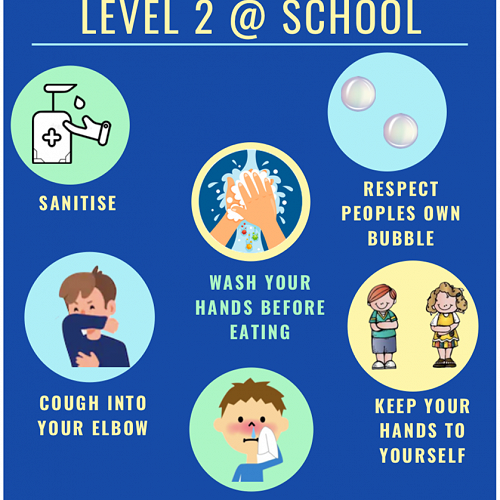
As we return to school our school-wide focus for the next few weeks will be on teaching and positively reinforcing our Level 2 Health & Safety Expectations.
Visit this article
Thank you to all the children who have sent in ways they have displayed our School Values, at home. We've been very impressed, and proud of you all. It has been an important time for us all to see how our values are not just applicable to school, but transfer to our home lives as well. I hope parents have found them to be useful, and have reaped some of the rewards! If you would like an A5 copy of this poster for your fridge, you're welcome to pick one up from Suzy or Kate in our office.
Visit this article
40 Lyttel R.E.P. cards = one of these beautiful plush wheke, to hang on your bags (Jack, Oliver, Maggie, and Micah, are the first at our school to win them for 2020).
Visit this article
For the next 2 weeks, as a school, we will be looking at the concept of Active Listening, still under the umbrella of Manaakitanga. Listening is one of the most important skills we can develop. How well we listen has a major impact on our learning, as well as the quality of our relationships with others. Research suggests that we only remember between 25 percent and 50 percent of what we hear. That means that when we talk to our students, colleagues, customers, or spouse, for 10 minutes, they pay attention to less than half of the conversation! The way to improve our listening skills is to practice "active listening." This is where we make a conscious effort to hear not only the words that another person is saying but, more importantly, the complete message being communicated, by using our whole body. In order to do this we cannot allow ourselves to become distracted by whatever else may be going on around us, or by forming counter arguments while the other person is still speaking. Nor can we allow ourselves to get bored, and loose focus on what the other person is saying. We will be teaching our children to look at the person talking, to think carefully about what the person has said, to hear the key words or message, to share their ideas once that person has finished talking, to show empathy to the person talking (maybe by nodding, or smiling), to stand or sit quietly while listening, and to face the speaker.
Visit this article

Part of living up to our school value of Manaakitanga, is respecting our own learning at Lyttelton Primary School. In order to respect our learning, we need to be in the right place, at the right time, doing the right thing. Students at Lyttelton Primary are given a great deal of agency over their learning - choices of what to inquire into, how to do that, where to do it that suits them best, and with whom. But there are certain boundaries usually agreed upon, and we call them being in the right place, at the right time, doing the right thing. This is a concept we practice school wide, from Year 1 - 8.
Visit this article
Congratulations to Alby, Evelyn, Alliya, Ivy, Mila & Vue on achieving 100 Lyttel Reps.
Visit this article
We are encouraging our students to challenge themselves to do their bit for our planet, by picking up at least one piece of rubbish each day. Imagine what a difference that could make, especially for our Lyttelton environment. Picking up litter means one less item that could make its way to our waterways, including our beautiful harbour, and our beaches. Parents: Please make an example of picking up rubbish in front of your children, on the streets of Lyttelton. This will make a huge difference to everyone's mindsets, I'm sure.
Visit this article
The first two weeks of this term we are looking at manawanui/ perseverance.
Visit this article
Congratulations to Bella, Riley, Evelyn, Cate and Scarlett on achieving 100 Lyttel Reps.
Visit this article
For the next two weeks we are looking at the concept of being an upstander (as opposed to a bystander). An upstander is defined as someone who recognises when something is wrong and acts to make it right. For example, when we stand up for what is right, and do our best to help support and protect someone who is being hurt, we are being socially responsible.
Visit this article
"Most parents want their children to display good manners at preschool, school, at home, and at other people's homes. We do generally want our children to grow up and be good functioning members of society and that usually means they need to have reasonable social skills and manners," says Triple P psychologist Michelle Melville-Smith.
Visit this article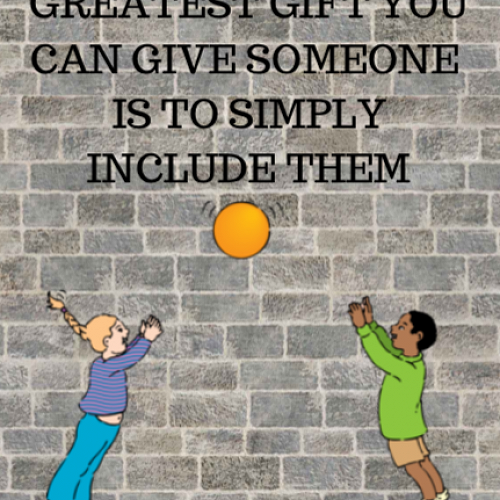
For the next two weeks we are going to be talking about inclusivity - including everyone in our community, whether that be in our learning space, in our school, home, country, or even the whole world.
Visit this article
This term we are looking at our school value - Ngākau Aroha, in particular to help our children display positive social skills towards each other. Initially, for the first 2 weeks of this new term, we are focussing on using kind words and kind actions.
Visit this article

For the next two weeks we’re focussing on making mistakes. Learning from our mistakes is powerful learning, so making mistakes is to be encouraged. But, unfortunately, many of us keep ourselves in the safe zone and avoid challenges, in order to reduce our risk of making mistakes. Our learning is therefore hugely limited. We need to actually encourage our children to take on challenges and welcome mistakes.
Visit this article
The Learning Pit is a powerful analogy for learning that is used by schools around the world. In its simplest form, the Learning Pit represents a challenge. Taking on a challenge is like getting into a pit. We may feel uncertain and it takes effort to climb out. When we do climb out, it means we’ve learnt something new. For the next two weeks we will be looking at some great strategies for getting out of the Learning Pit.
Visit this article
For the past four weeks we have been looking at Emotional Regulation - i.e. the ability to manage our emotions and behaviour. This includes being able to resist highly emotional reactions to upsetting stimuli, to calm ourselves down when we get upset, and to handle frustration without an outburst.
Visit this article
This term we are looking at developing strategies to regulate our behaviour.
Visit this article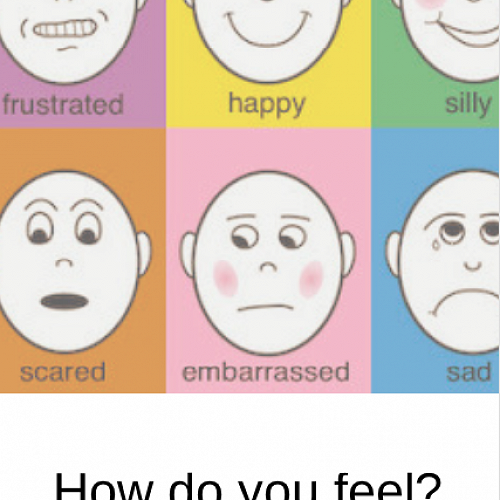
This is one of my favourite areas of teaching positive behaviour for learning. From teaching Emotional Regulation, we are giving our children lifelong skills to manage their ever present emotions in a constructive and positive way.
Visit this article

Concentration is like a muscle that requires regular exercise to strengthen. All children can learn strategies and engage in practices that will help improve their ability to focus and sustain their attention. Over the next two weeks your child will be exploring the strategies he/she likes to use in our Learning Spaces, in order to maximise their own levels of focus.
Visit this article
Lyttelton students enjoyed the 'You've got the power' show presented by Elgregoe last week.
Visit this article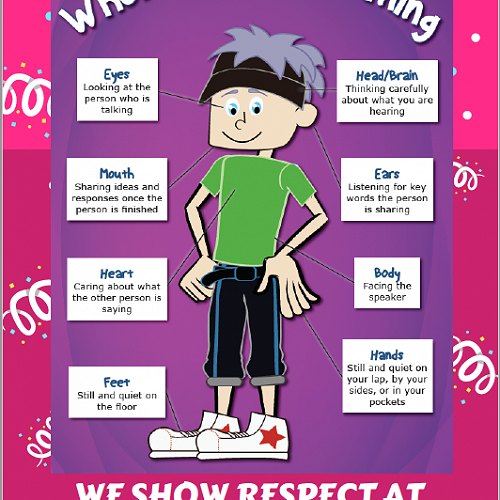
This term we will be looking at many facets of the Lyttelton School value, Manaakitanga.
Visit this article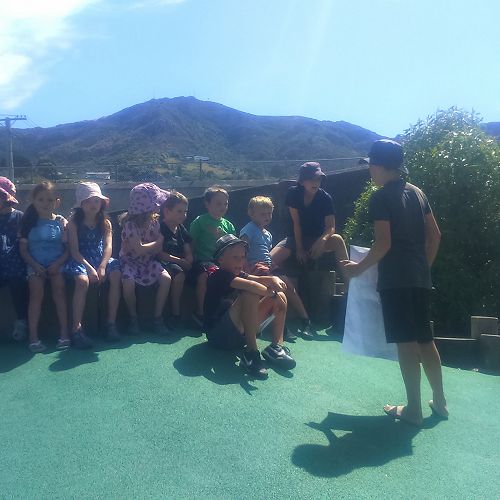
Teaching of Positive Behaviour for Learning School-wide expectations through Tuakana-Teina.
Visit this article
For the next 2 weeks we are looking at Manaakitanga/ Respect, and in particular greeting other people appropriately. We will be encouraging our children to look at people and say “Kia Ora”, or “hello”. For some students this can be difficult. Children who appropriately acknowledge an adult have most likely been actively coached and encouraged to, by their parents and teachers. At school, over the next 2 weeks, we are going to be practicing looking at each other in the eye when we greet someone, and shaking hands when we’re introduced, because this shows manaakitanga. Even if your child is shy, continue to encourage them to acknowledge others. It’s a simple courtesy to greet people, and will serve your child well whether they are age 5 or 55!
Visit this article
Part of our value of Manaakitanga, Respect, is respecting our own learning at Lyttelton Primary School. In order to respect our learning, we need to be in the right place, at the right time, doing the right thing. Students at Lyttelton Primary are given a great deal of agency over their learning - choices of what to inquire into, how to do that, where to do it that suits them best, and with whom. But there are certain boundaries usually agreed upon, and we call them being in the right place, at the right time, doing the right thing. This is a concept we practice school wide, from Year 1 - 8.
Visit this article
Lyttelton Primary School encourages the 'Pack in Pack Out' approach to food. That is, what you bring in to school, and don't eat, you must take home again. We are keen to reduce the rubbish that builds up here at school, and want to instil in the children that their rubbish is their responsibility, and no one else's. Some learning Spaces have looked closely at storm water drains this year, and have learnt that the rubbish that gets dropped then blows into these and goes straight out to the sea, causing havoc to the sea life. Please make an example of picking up rubbish in front of your children, on the streets of Lyttelton. This will make a huge difference to everyone's mindsets, I'm sure.
Visit this article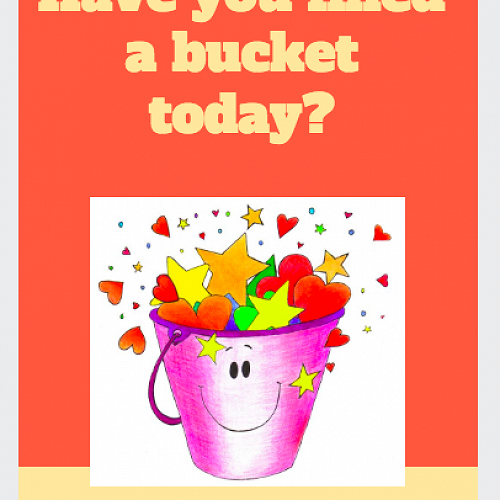
Over the last two weeks of this term we are continuing our focus on Ngākau Aroha, Empathy. The staff have really enjoyed teaching the children to think about how other people might be feeling, and encouraging them to put themselves in other people’s shoes.
Visit this article

We have just finished our two-week focus on ‘Giving Compliments’. I hope you have heard some positive feedback from your children about this, as we have all practiced the art of giving and receiving praise. Maybe a compliment or two have even slipped out for you at home! For the next two weeks, we are looking at ‘Random Acts of Kindness’. This ties in with Integrity, with these acts not always being acknowledged, and certainly not asked for, but they make the giver feel good. We would love to share the teaching of our tamariki with you, and we hope in all cases you can focus on the same values and activities as we do, at home. Whenever possible, encourage your children to undertake Random Acts of Kindness. The big thing to know about committing random acts of kindness regularly is that they're good for our psychological wellbeing. While the amount of happiness they seem to provoke has occasionally been exaggerated by studies, an overview of the science from the University of Oxford in 2016 found pretty concrete proof that a happiness benefit does exist. The scientists looked at 21 different studies on happiness and acts of kindness, and found that results indicated a "small to medium" happiness boost after committing them. Similarly, a 2015 study found that being "prosocial" in your behavior (including acting kindly towards others) was a boon to mental health, lowering stress levels overall. And scientists in 2016 foundthat being kind to others was actually more helpful to psychological "flourishing" than being kind to yourself; effective self-care, in other words, should probably include some acts of kindness towards others.
Visit this article
One of our very important school values is Empathy. A lot of our children define this as “walking in someone else's shoes”. We are going to spend Term 3 looking at many aspects of Empathy, starting with ‘What Makes a Good Friend?’ This fortnight’s unit will include how to share, include others, take turns, and start to imagine how others are feeling. We sincerely hope this strikes a chord with our students, and that you can share the learning at home as well as at school.
Visit this article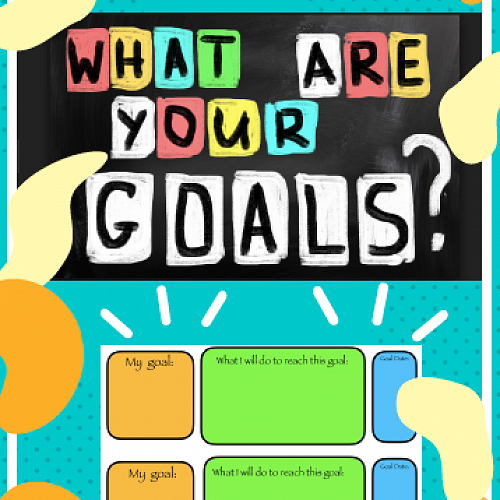
For the next two weeks, the school is focusing on making goals, and persevering with them over a period of time. The process of setting goals allows students to choose where they want to go in school and what they want to achieve. By knowing what they want to achieve, they know what they have to concentrate on and improve. Goal setting gives students long-term vision and short-term motivation.
Visit this article
For the next two weeks, we will continue to look at our school-wide value, Perseverance. In particular we are looking at people who have failed in their first attempts but have kept trying and kept trying, to eventually succeed. It is important for us all to accept that failure is an essential part of the learning process, and at Lyttelton Primary School we endeavour to create a safe environment where experimentation and failure are necessary for learning. As teachers, we encourage innovative mindsets that practice pushing against the fear of failure, while focusing on the joy of experimentation, constant discovery, and learning.
Visit this article
For the next two weeks we, as a school, are looking at the concept of Grit. The children will be discussing what this looks like with a Growth Mindset focus. Grit is our passion and perseverance towards reaching a long-term goal while resilience is the optimism to keep bouncing back from failure. Both of these traits for success are rooted in a growth mindset, and the good news is that a growth mindset means you can learn, develop and build your resilience and grit. The children have been asked to 'interview' someone at home about a time that person has had to use grit. Get your thinking caps on - it would be great to hear your real examples!
Visit this article
Each fortnight our school has a new focus around our school values. For the next two weeks we are looking at Manawanui, Perseverance. Specifically, we are focusing on setting a short term goal and working hard to achieve it. We are encouraging children to reflect on what helped them achieve their goal.
Visit this article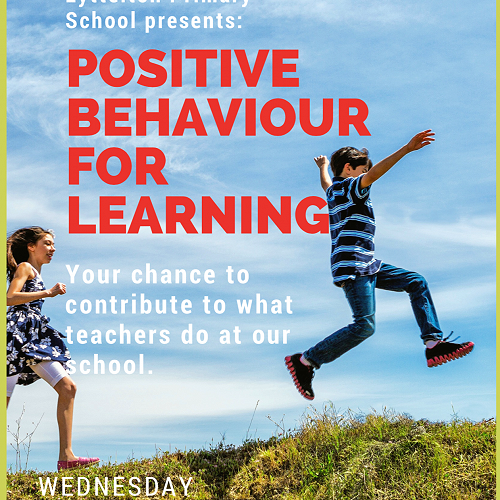

Children are learning an important whakatauki over the next two weeks referring to our ngā ura / value of Manaakitanga (resect)
Visit this article

Thank you for all your feedback for our review of school values.
Visit this article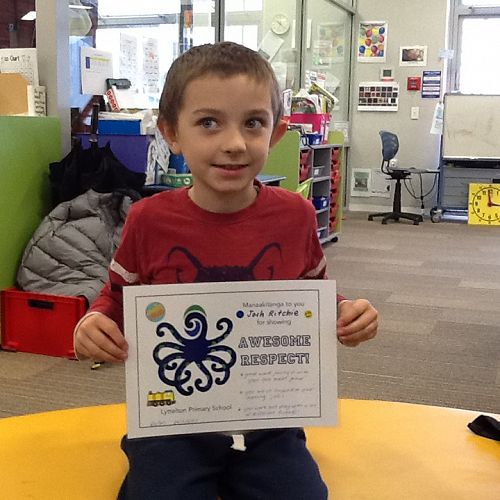

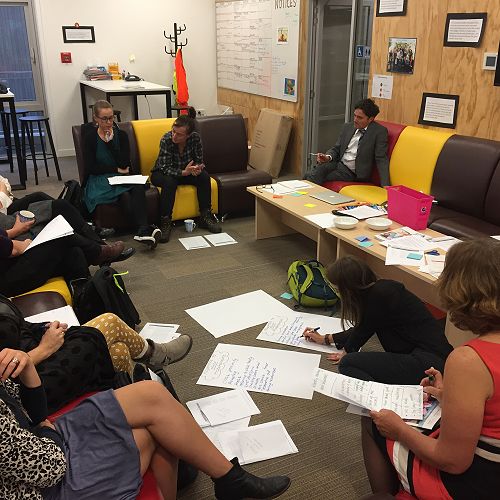
As a staff we have been focussing on implementing our Positive Behaviour for Learning Programme.
Visit this article
Our new caught being good award is focussing on respecting self, learning, others and the environment.
Visit this article
Well done to those awarded respect certificates and principal awards in today's assembly.
Visit this article
We've learned that respecting people means valuing someone and considering them important.
Visit this article
Seven teaching staff are involved in the 'Incredible Years Teacher' programme this year. (IYT)
Visit this article

Lyttelton Primary School kicks 2017 off with a major focus on positive behaviour for learning. (PB4L)
Visit this article